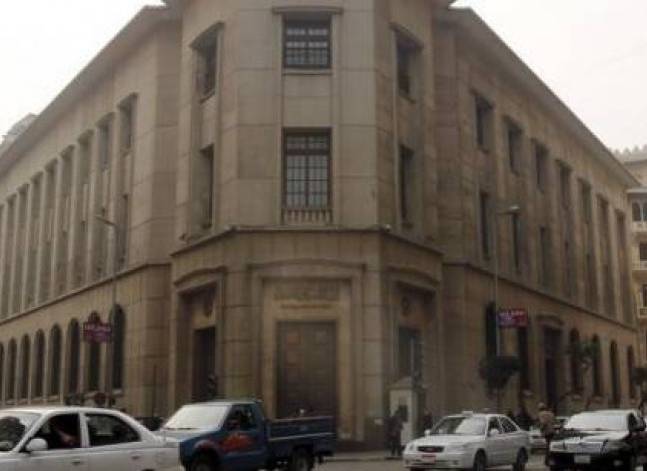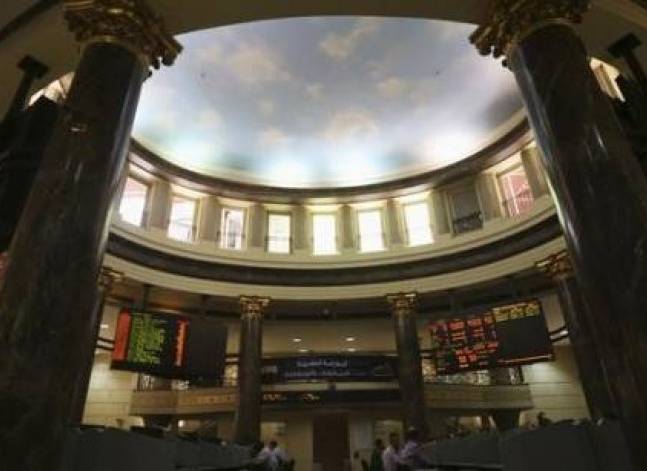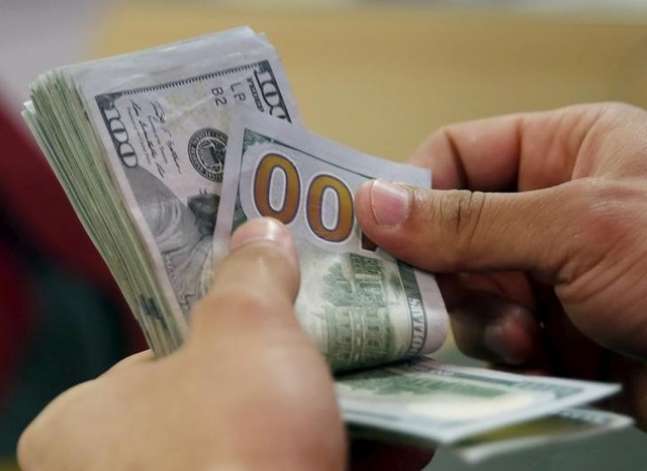Latest NEWS
- Aswat Masriya, the last word
- Roundup of Egypt's press headlines on March 15, 2017
- Roundup of Egypt's press headlines on March 14, 2017
- Former Egyptian President Hosni Mubarak to be released: lawyer
- Roundup of Egypt's press headlines on March 13, 2017
- Egypt's capital set to grow by half a million in 2017
- Egypt's wheat reserves to double with start of harvest -supply min
- Roundup of Egypt's press headlines on March 12, 2017
'Historic' currency float puts Egypt back on the map, says CIB chairman
A vendor waits for customers at a popular market at Abbdien square in Cairo, Egypt October 20, 2016. Picture taken October 20, 2016. REUTERS/Amr Abdallah Dalsh
CAIRO (Reuters) - Egypt's "historic" move to float its currency will help it achieve critical economic reforms and put the country back on the map for foreign investment, the chairman of Egypt's largest listed bank told Reuters on Thursday.
The Egyptian central bank floated the pound on Thursday, devaluing it by 32.3 percent to an initial guidance level of 13 pounds to the dollar, following weeks of turbulence and mounting pressure to reform the economy.
The Egyptian pound had been pegged at 8.8 to the dollar since March, but a shortage of dollars had put the currency under intense downward pressure. It slid to more than 18 to the dollar on the black market this week, bringing business to a near halt.
Facing a gaping budget deficit and burgeoning black market, Egypt committed in August to a package of reforms, including a rebalancing of its distorted exchange rate markets, in a bid to clinch a three-year, $12 billion lending programme from the International Monetary Fund.
Commercial International Bank Chairman Hisham Ezz al-Arab said Thursday's surprise float exceeded expectations and would bring price equilibrium to the market within days, allowing the country to focus on vital economic objectives.
"Now, for the first time in 60 years, the exchange rate will become a tool rather than an objective," he said. "The price equilibrium will determine how much you want to reduce your imports, how much you can increase your exports, consumption, everything."
Speaking to Reuters shortly after a high-level meeting with the central bank to discuss the liberalised monetary regime, Ezz al-Arab said new rules introduced as part of the float were "at par or above" what was expected by his bank and its investors and would help draw foreign investors back to the country.
"That will put Egypt back on the map," he said.
Those rules include recommendations to waive commissions on remittances into the country to draw badly needed dollars back into the formal banking system -- a step CIB welcomed.
The new system will also allow all 39 of the country's banks to trade dollars daily on the interbank system. Exchange bureaus will be allowed to sell with a 5-piastre leeway each side of the market rate, he said.
By assuring Egyptians that their dollars can be easily bought and sold in banks, Ezz al-Arab said the new system would bring enough inflows of foreign exchange to clear longstanding backlogs in dollar demand that have hampered imports.
"When we talk to people who dollarise, at home or otherwise, when we ask them where are you going to sell, they say it's not about price; when I go to the bank and I can buy dollars I will sell my dollars," he said. "This is why I think the action itself, by liberalising the market, will sort and iron out all of this."
The central bank accompanied its flotation with 300 basis point hike interest rates to buoy the currency.
Ezz al-Arab said the currency market was likely to settle within six to 12 months, allowing the central bank to aggressively cut rates.
"Within six to 12 months from now rates could be down by 700 basis points," he said.
Ezz al-Arab said it was too early to discuss what impact the float and rate hike would have on CIB's own business and whether the bank would increase rates on its own savings certificates, but added that the bank would have to adjust its 2017 plans.
"I think its about time to re-do our 2017 budget plan because this came as a nice surprise," he said.
(Editing by Larry King)














